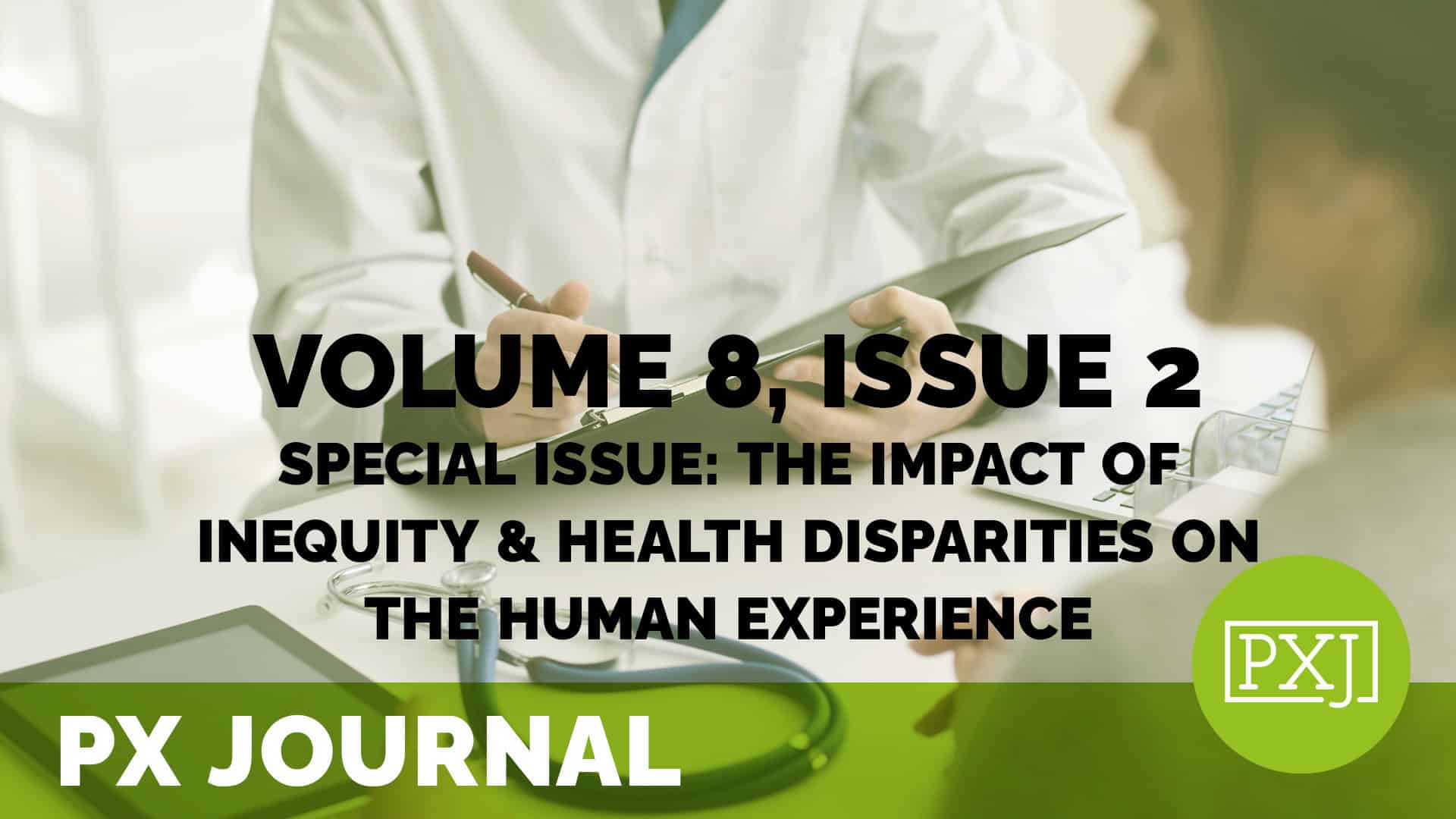Measuring cancer care experiences of Aboriginal and Torres Strait Islander people in Australia: Trial of a new approach that privileges patient voices

This study examined a new method for measuring the care experiences of Aboriginal and Torres Strait Islander people with cancer: the Indigenous People’s Experiences of Cancer Care Survey (IPECCS). The study assessed IPECCS’s: 1) performance; 2) ability to elicit information useful for service improvements; and 3) implementation potential. Three participant groups were recruited from five Australian cancer treatment sites: 1) Aboriginal and Torres Strait Islander people with cancer (+/- support person); 2) interviewers; and 3) health services staff. Trained interviewers administered IPECCS to participants with cancer in audiotaped sessions. Paper forms and transcripts were compared to assess performance, and problems/potential solutions reported by participants with cancer were assessed for actionability. All participant groups completed separate interviews regarding IPECCS. Selected implementation measures were assessed based on interviews and IPECCS administration. Participants (n=31) included 11 Aboriginal people with cancer, 7 support people, 4 interviewers, and 9 health staff. Aboriginal people with cancer spoke at length about their cancer care experiences and identified problems and potential solutions that could be acted upon by health services. Although some parts of the IPECCS form were well-completed, recording was inconsistent and inadequate. Aboriginal people with cancer and interviewers predominantly supported the IPECCS process; while most health staff supported the aims, they questioned its feasibility. Capturing domains of patient experience relevant to Aboriginal and Torres Strait Islander people requires a culturally safe, strengths-based approach. The tension between facilitating meaningful patient engagement and maximizing the efficiency of data collection and use must be resolved to realise the benefits of such an approach.
Related content
-
 Policy & Measurement
Policy & MeasurementLeveraging patient experience measures as surrogate outcomes to evaluate health care interventions
Patient experience quality measure scores are widely accepted as outcomes in health services research. For some patients and in some settings, such as hospice care, they can be the most important outcomes. While these measures are widely used, the potential to use them as surrogate outcomes in a clinical trial sense has gone under-recognized. The
Learn more -
 Environment & Hospitality | Policy & Measurement | Quality & Clinical Excellence
Environment & Hospitality | Policy & Measurement | Quality & Clinical ExcellencePX Chat – Restfulness of Hospital Environment
12pm ET / 11am CT / 10am MT / 9am PT – Join The Beryl Institute community for an engaging PX Chat as we explore the 2025 updates to the HCAHPS survey, with a special focus on the new “Restfulness of Hospital Environment” measure. Breakout discussion groups will provide the opportunity for community members to
Learn more -
 Innovation & Technology | Policy & Measurement
Innovation & Technology | Policy & MeasurementUsing Narrative to Illuminate and Improve Experience
Watch this webinar for an interactive discussion through a series of five mini-case studies to illustrate the power of narrative. The case studies will focus on: (1) using an innovative digital tool to collect patient-generated contextual information and embedding at-a-glance summaries of patient narratives in the EHR (2) mining open-ended comments in experience surveys, with
Learn more
